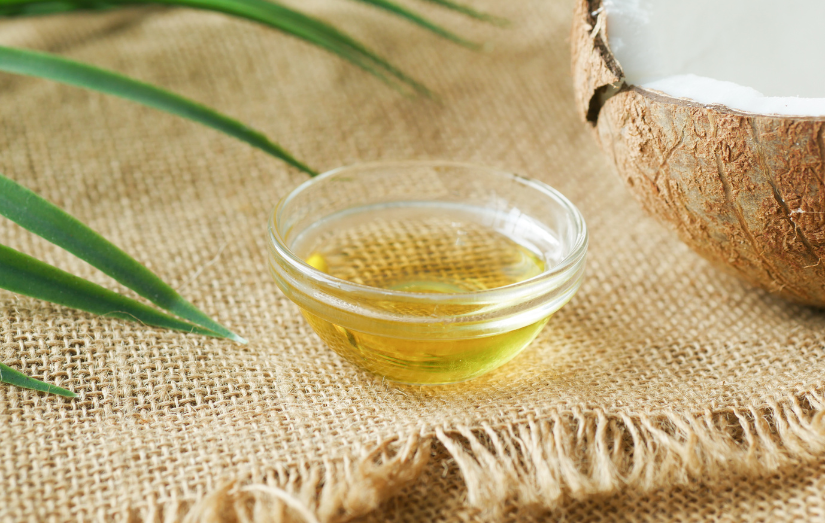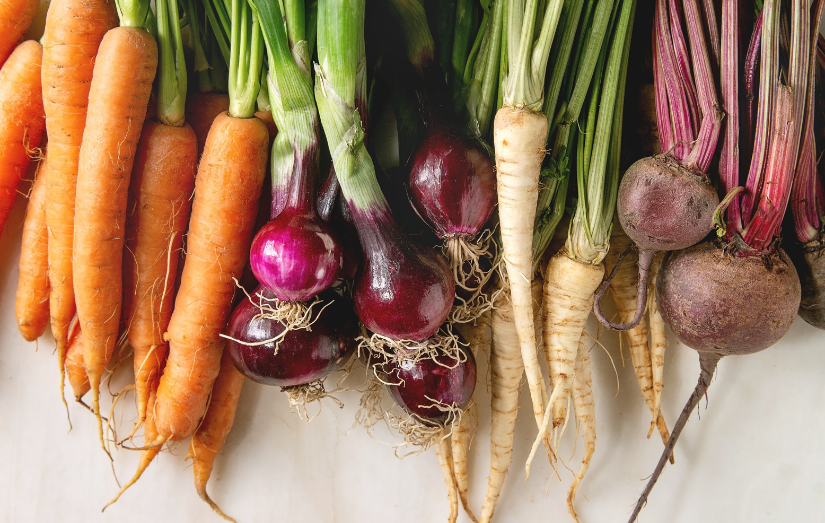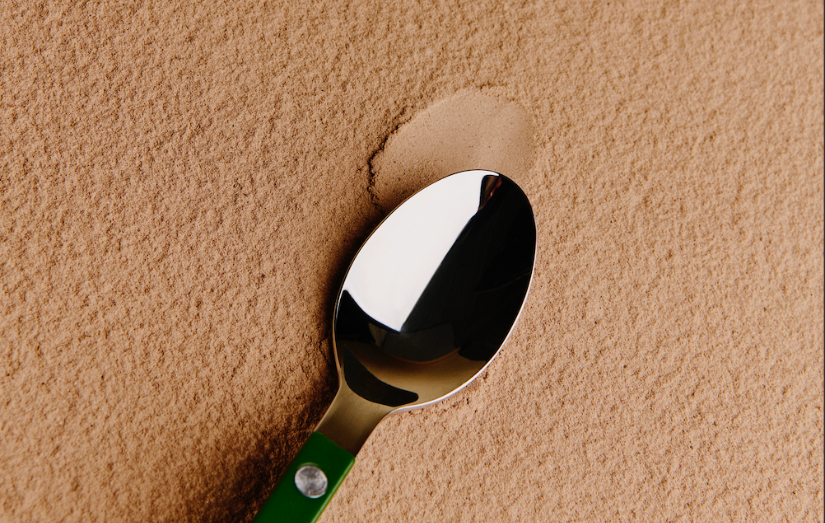If you’ve ever flipped over the label on your favorite almond milk and spotted the word carrageenan, you’re not alone in wondering: What exactly is this stuff, and is it safe? Let’s break it down.
First Things First: What Is Carrageenan?
Carrageenan (pronounced care-uh-GEE-nun) is a big word for a substance that comes from red seaweed. It's not a nutrient, vitamin, or mineral, but rather a polysaccharide (a type of carbohydrate) that’s extracted and used in food as an additive. Why? Because it has some handy properties: it helps gel, thicken, and stabilize foods. So when your nut milk doesn’t separate or your pudding has that perfect creamy texture, carrageenan might be in the mix.
FDA Says It’s Safe—But That’s Not the Whole Story
As of now, the Food and Drug Administration (FDA) still approves carrageenan as safe for use in food. But there’s been growing concern, especially over the last few decades, about how it affects our digestive systems.
In fact, back in 2016, the National Organics Standards Board voted to remove carrageenan from the list of substances allowed in organic products. That doesn’t mean it’s banned, but it does signal that there's enough controversy around it to raise some red flags.
Gut Check: What the Research Says
Since the 1980s, several studies have examined the impact of carrageenan on the gastrointestinal system. Some findings suggest that carrageenan—especially a type called degraded carrageenan—can cause intestinal inflammation, ulcers, and may even worsen conditions like Crohn’s disease and ulcerative colitis. Animal studies have shown it can alter the gut microbiome, increase the presence of harmful bacteria like Bacteroidetes, and reduce helpful, SCFA-producing bacteria. This combination can weaken the intestinal lining and potentially contribute to what’s known as “leaky gut.”
In other words, if your digestive system is already sensitive or inflamed, carrageenan might be something to avoid.
But It’s Not All Bad News (Sort Of)
Interestingly, some research has explored whether carrageenan might have anti-cancer properties. There’s evidence that it could slow the growth of certain cancer cells but this research is still in the early stages.
So…Should You Avoid It?
Here’s the bottom line: If you have a healthy gut and no history of digestive problems, carrageenan might not be a big deal in small amounts. But if you’re someone who struggles with digestive issues, it might be worth reading those food labels a little more closely.



